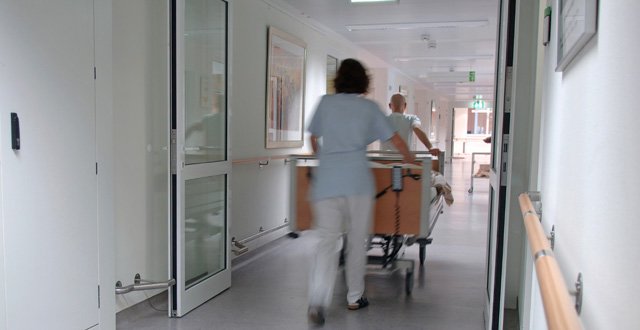The inability of the hospital system to cope with the volume of medical oncology patients who need treatment on day wards is of significant concern to the National Cancer Control Programme (NCCP), the Medical Independent (MI) can reveal.
During a discussion at a meeting of the NCCP’s executive committee in January, National Adviser for Medical Oncology Prof Maccon Keane reported that day ward capacity at University Hospital Galway (UHG) was at a “critical point”.
Pressures on medical oncology in the Mater Misericordiae University Hospital, Dublin, and University Hospital Waterford, were also discussed.
“The current system is unable to deal with the volume of patients to be treated in day wards,” according to the minutes, which were seen by MI through Freedom of Information law.
It was suggested that the model of care for these patients “needs to be looked at with divestment from hospital to community”.
The National Cancer Strategy 2017-2026 identified the central role of systemic anti-cancer therapy (SACT) in the treatment of cancer and made recommendations for the development of medical oncology and haematology services.
The proposed model of care is aimed at providing a formalised outline of the SACT services required to meet current and future demand, based on national and international evidence and best practice.
An NCCP spokesperson told MI: “The NCCP has requested hospitals with capacity issues to develop action plans to resolve those issues. The NCCP, in conjunction with HSE Acute Strategy and Planning and HSE Acute Operations, will review these action plans, and where agreed, will endeavour to support the implementation of those plans in line with HSE National Service Planning and Commissioning Groups.”
The capacity deficit in medical oncology is driven by a number of factors, such as an increasing demand for chemotherapy, according to the NCCP’s spokesperson.
The physical capacity in day wards and the recruitment of key personnel such as doctors, nurses and pharmacists are other contributing factors.
A spokesperson for the Saolta University Health Care Group told MI: “We have improved the processes in the haematology oncology day ward, increased staffing and capacity and we are working towards meeting the NCCP KPI of treating people within 15 days of the doctor signing-off on chemotherapy treatment.”













Leave a Reply
You must be logged in to post a comment.